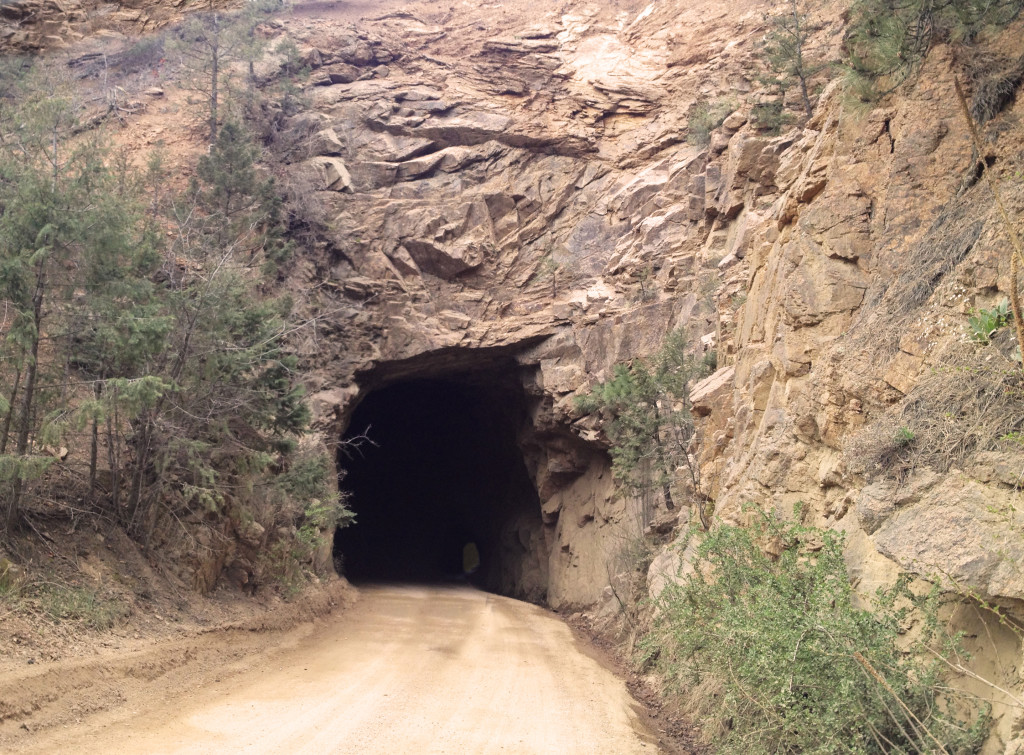As the second anniversary of my Dad’s home-going comes around, I find myself thinking a lot about death – dying, dealing with death, grief, mourning, etc.
The well known Kübler-Ross model of grief identifies five stages of the grieving process: denial, anger, bargaining, depression and acceptance. While this model presents these stages as events that happen one after another, we know now that grief is much more complex than that.
In my own personal experience, I never know when, or in which random order, any of these “stages” will hit. And most of the time, it’s never a clean, linear process. It’s a confusing tangle of more than one of these “stages.” I prefer to call them “states” rather than “stages” because grief is never a neatly packaged process with clearly defined stages, or a defined beginning or end.
In talking to friends who also walk through grief, I have concluded that rather than these being 5 distinctly different stages that happen one after the other, these five states come and go in unpredictable patterns, and most often combine together to form a state that is not as easy to identify or define clearly.
Why do we struggle so much in dealing with death, even though we know it’s inevitable?
In pondering this, I’ve gone in many different directions. Here’s one of them: death is the most unnatural thing we have to deal with. It’s something that we were never meant to experience. Dealing with death is not something that comes naturally to us.
We were created to live forever. Our Creator’s original design for us was perfect. He did not design us to know loss, pain, sickness, deterioration, death or decay.
But our ability to live for ever without ever knowing death or decay was attached to one very important condition. We were given free-will to choose between staying connected with our Creator and disconnecting with him; between obedience and disobedience; between life and death. And even though there is nothing remotely attractive about death and decay, the deceptive serpent in the garden presented it as a good choice. Our ancestors, Adam and Eve, made the choice that would dramatically change the trajectory for all their future descendants and alter the course of history.
Adam and Eve’s disobedience opened the door to evil in our world. What was originally perfect creation now became warped, twisted, and irreversibly flawed. There was no going back, no command-z to undo what had already been done.
Choices have consequences.
Disobedience brought evil into our world, thus unleashing corruption, decay, degeneration and death on us.
We were not designed for death. We were not designed to know death and decay. We were never meant to die.
Its not surprising that we struggle deeply to understand death. Every bit of our being resists the idea of death. It is impossible to fully wrap our minds around why loved ones die. We may find ways to accept it but that acceptance at best is resigning ourselves to what cannot be reversed, not a statement that death is ok. It never is.
Knowing we were not created for death, it is not surprising that resistance, denial, anger, deep grief, depression, are our natural responses to it. How can we know when how to accept it when we were never meant to experience it in the first place?
There a hopeful piece in all this.
God in his mercy, set a redemption plan in place. By keeping Adam and Eve from eating from the tree of life, he perhaps prevented us for living forever in our corrupted state. Death now became a necessary thing by which our corrupted selves could die before being resurrected back in the original design our Creator meant for us.
That glorious hope seems so distant and elusive from our perspective on a fallen earth, like an illusion that will never materialize into reality. It requires a step of faith to believe it, to embrace it.
As with everything else, it’s a choice we must make.
Choosing to believe in my Creator’s redemption plan makes it easier for me to accept that pain, sickness, death and decay are a part of life on our corrupted planet. And to embrace hope that in the next life, we will be given the chance to experience the original, un-flawed, un-corrupted version ourselves and creation that we were originally meant to enjoy.
It also gives us the hope to embrace our Creator’s offer of grace, wisdom and strength to persevere through our trials on earth. And changes our perspective on how we need to live.
And we can do so only with God’s help.
May we choose to believe! May we choose hope! May we choose to rely on our Creator! And in doing so, may we focus not on the hopelessness and despair that corruption brings us, but on full provision that is promised us as we persevere through this life on earth so we thrive in the midst of our pain and become true representatives of our wonderful Creator and every good thing He stands for.
In conclusion, I submit to you a quote that has been my companion in my journey through the dark tunnel of grief–
“You either get bitter or better. It’s that simple. you either take what has been dealt to you and allow it to make you a better person, or you allow it to tear you down. The choice does not belong to fate. It belongs to you.” –Josh Shipp
~shini abraham, ©2017, duco divina – contemplative doodling


Recent Comments